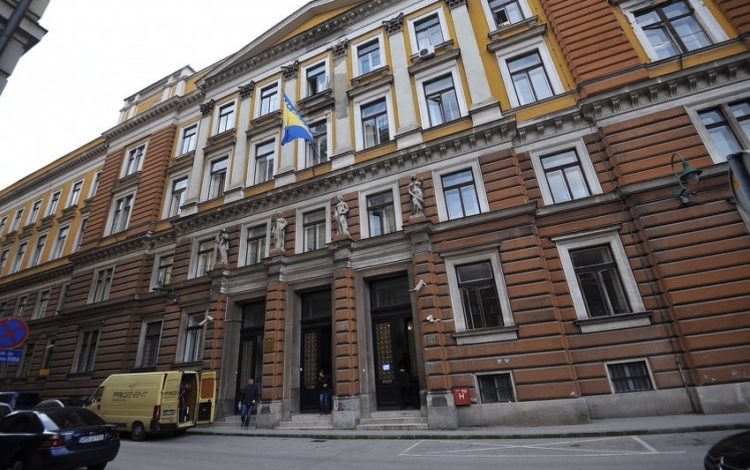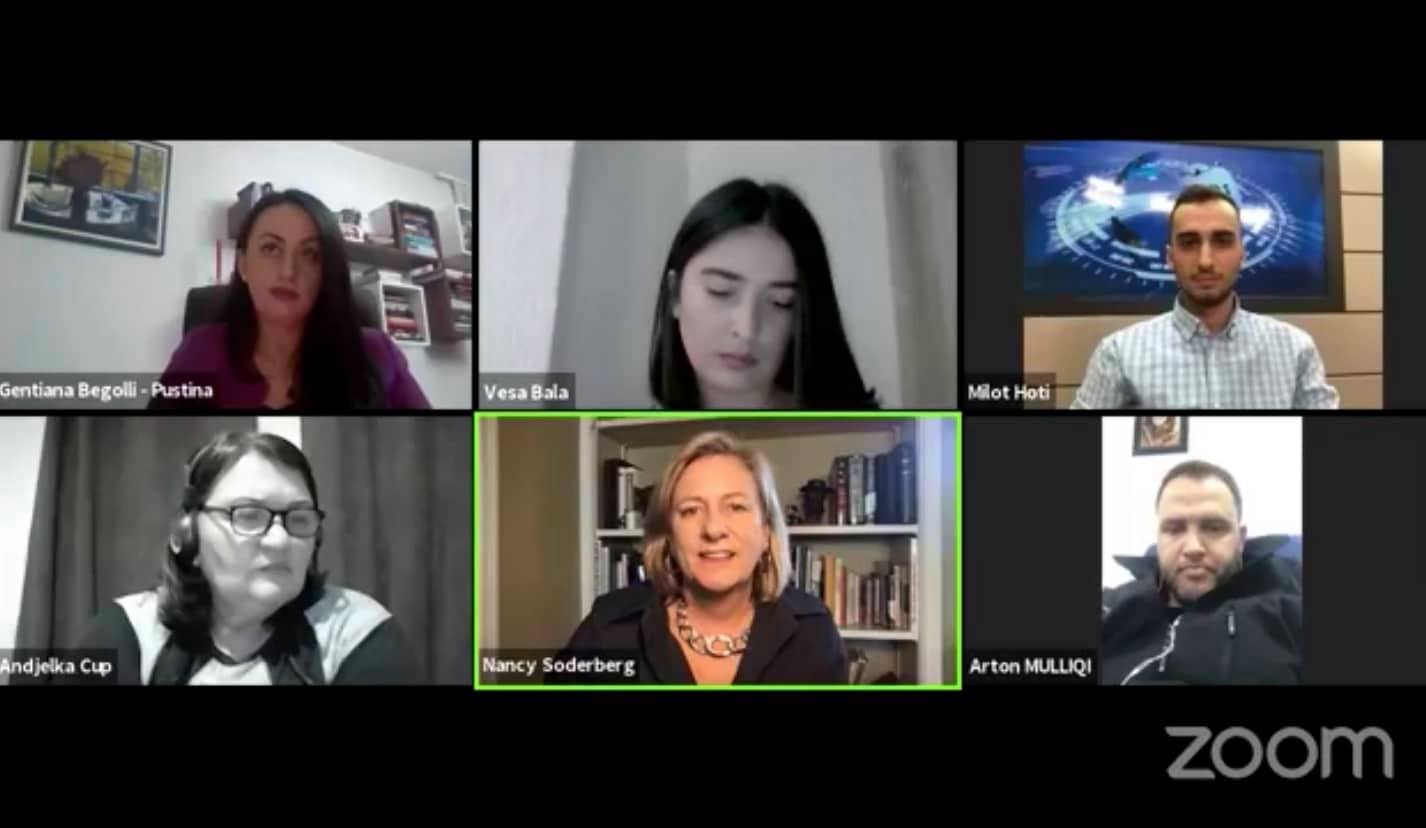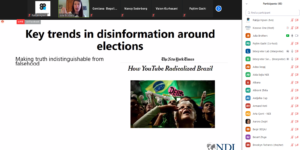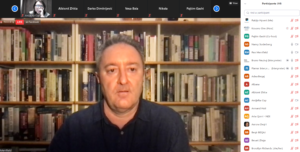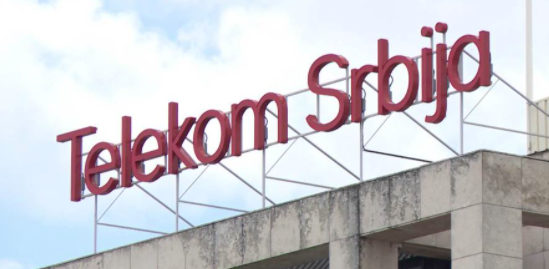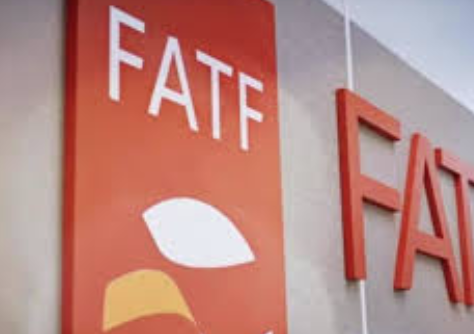BELGRADE, 10.02.2020. – The Media Freedom Rapid Response (MFRR) urges the Second Basic Court in Belgrade to ensure access to justice in the case of Serbian journalist Milan Jovanovic, who in 2018 was the victim of an arson attack on his house in Belgrade after investigating cases of corruption of local public officials.
Judicial proceedings against the suspected arsonists started in 2019 and have since then been delayed numerous times after frequent requests of postponement advanced by the defense lawyers. These procedural tactics, which also include attempts to disqualify judges appointed to this case, have seriously delayed justice for Jovanovic. We understand, however, that the court expects to render a verdict in this case during the next hearing on 11 February 2021.
Excessive delays in obtaining and executing judgments can constitute a procedural barrier to accessing justice. International and European human rights law prescribes that States must avail effective remedies to ensure access to justice and accountability for crimes against journalists. The MFRR recently concluded an international advocacy mission to Serbia registering a worrying incidence of threats and violence against journalists in the country, followed by a slow response from the State in ensuring that justice for victims is rendered. The MFRR also notes with concern that Serbia has a long history of violence and intimidation against journalists and of justice being delayed or denied to media workers targeted by attacks. In this context, we reiterate our deep concerns that the proceedings in the case of journalist Slavko Curuvija’s murder lasted 20 years. A positive verdict in Jovanovic’s case would represent an important signal against impunity of crimes against journalists in Serbia.
Milan Jovanovic was targeted with an arson attack on 12th December 2018. His house was set on fire after two Molotov cocktails were thrown on the property. He survived the attack thanks to his wife, who helped him to escape from their house while he was unconscious due to smoke inhalation.
The Prosecutor’s Office in Belgrade filed an indictment against suspects and requested a maximum sentence of eight years in prison for Dragoljub Simonovic on suspicion of ordering the burning of a house, five years for Vladimir Mihailović, and six years for Aleksandar Marinković, who is still a fugitive. They are charged with committing a serious act against public safety. Simonovic previously was a prominent member of the ruling Serbian Progressive Party, Mayor of the Grocka area of Belgrade, and director of the Serbian Railways from 2012 to 2014. Milan Jovanovic and Zig info were often reporting on corruption cases involving Simonovic and other local officials in the local municipality of Grocka.
The MFRR will be closely monitoring the final hearing of Jovanovic’s case on 11th February 2021. We call for justice to be rendered in this case, which could send an important signal to promote the resolution of other cases of violence against journalists in Serbia.
Signatories:
ARTICLE 19
Osservatorio Balcani Caucaso Transeuropa (OBCT)
International Press Institute (IPI)
European Centre for Press and Media Freedom (ECPMF)






